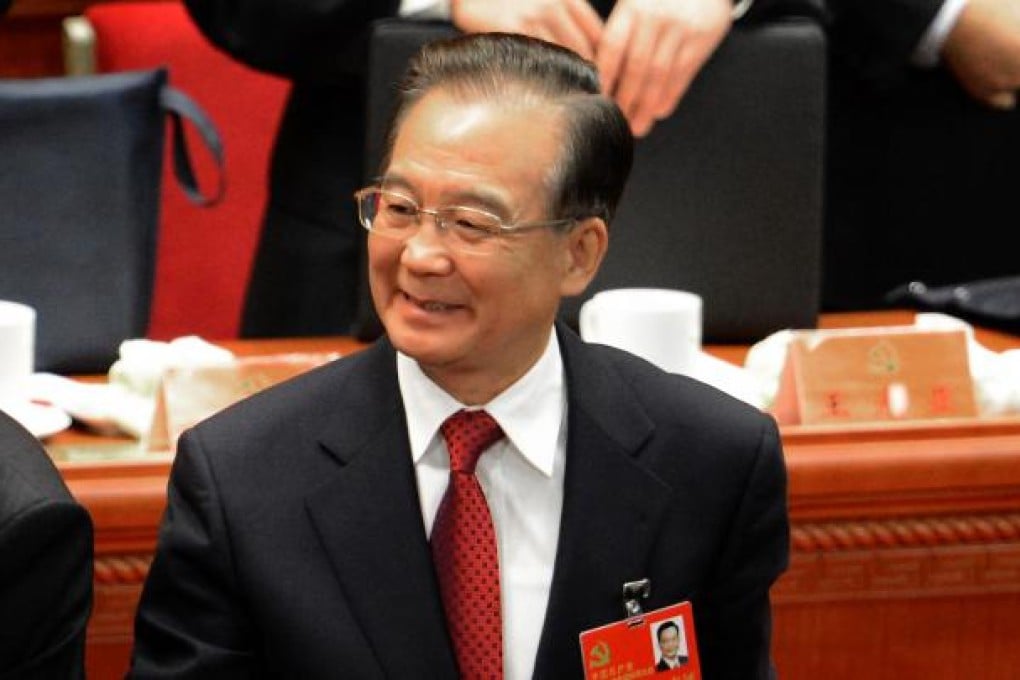Corruption drives calls for reform in China
Yun Tang looks at the reaction to claims about Wen family fortune

The claims about Premier Wen Jiabao's hidden family assets prompted Beijing to block English and Chinese websites, but many viewers scaled the Great Firewall to find the news. Ironically, this revelation yielded little applause and harvested mostly disbelief and indignation among Chinese readers in and out of the country. Such reactions not only reflect the political reality of today's China but also provide important clues about its social transition.
The story claimed members of Wen's family had utilised their status to amass huge fortunes in an official-take-all society. Discussing possible corruption among top leaders' families is taboo in China, but this article explored the subject at length in public, putting all corrupt Chinese officials on notice that, under the keen lens of the international media, there is no safe haven.
But readers faulted the story's timing and its target. The report came out at a critical moment in China, just before the 18th party congress, the once-in-a-decade power transition, was to begin.
As rampant corruption plagues China, the question of how to tackle this malady pits Chinese leaders against each other. Bo Xilai, the disgraced party chief of Chongqing, spearheaded a resurgence of Maoist principles and practices, while Wen has staunchly advocated democracy and rule of law.
The day following the exposé, Bo was deprived of legal immunity, meaning he will stand trial. The coincidental timing left some Chinese readers wondering whether the piece was actually retaliation from Bo supporters against Wen for his role in ousting the former. People also asked why the story targeted Wen in particular, given that other party heavyweights have also been the subject of allegations of corruption. The attack on a prominent reformist leader at a historical moment was also perceived as cultural hubris at the very least.
Wen's family rebutted the accusations through lawyers, and Wen requested a probe into the allegations, offering to provide declarations of his family's assets. The party is also reported to have launched its own investigation. Though the credibility of such an inquiry might be in question, Wen's actions set a precedent for Chinese officials to respond to challenges from overseas media. Ultimately, the truth will prevail.
